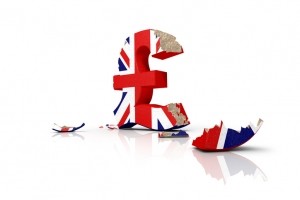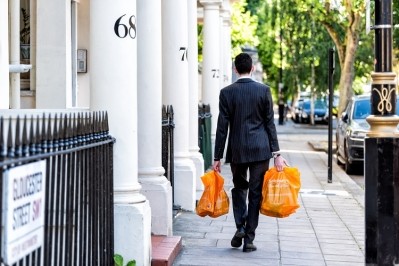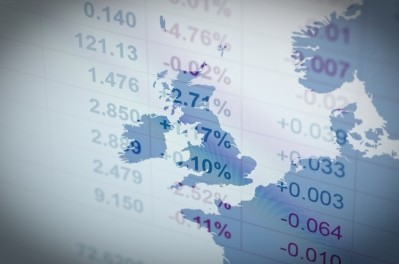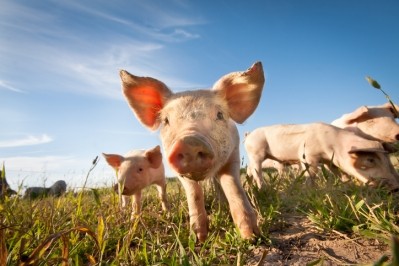Brexit food shortages: Shoppers pessimistic but is there an opportunity to go local?
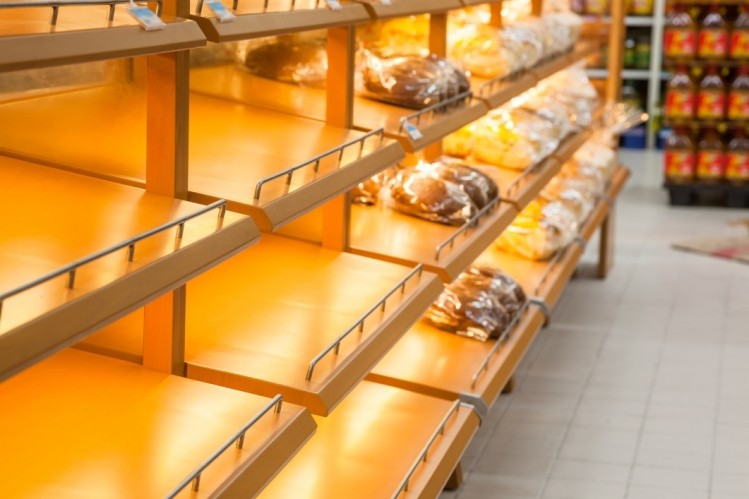
In a tumultuous period for British politics as the battle over Brexit intensifies, new research reveals shoppers are increasingly pessimistic about the impact Brexit is likely to have on UK food supplies.
According to an online survey of 1,000 consumers conducted by HIM, a consumer insight agency owned by FoodNavigator publisher William Reed, 61% now expect Brexit to result in food shortages.
This figure has spiked sharply compared with attitudes ahead of the original Brexit deadline of 29 March, when HIM found only 39% of consumers expected food shortages.
UK consumers are most concerned over the ongoing availability of fruit and veg, with 41% of consumers predicting empty shelves in the produce aisle. Shortages of meat, over the counter medicine and fish are also expected by 28%, 25% and 23% of consumers respectively.
With just 10 weeks to go until the 31st October ‘do or die’ deadline and uncertainty over whether Parliament will be successful in its attempt to block a no deal Brexit, 14% of shoppers have already begun stockpiling. Moreover, 30% of consumers reported they plan to stockpile products ahead of the 31st October deadline, with tinned foods, frozen foods and over-the-counter medication the most popular categories.
HIM senior insight manager Blonnie Walsh said that it was ‘not surprising’ that concern over the impact Brexit will have on food supplies was rising – but stressed that the survey revealed divergent opinions on the topic.
“A no deal Brexit could have a devastating impact on food and drink availability and prices, so rising pessimism is not surprising. However, we are talking about a lot of consumers and they have different opinions, for example younger consumers are more likely to be concerned about food shortages compared to older consumers,” she told FoodNavigator.
Split opinions and mistrust of the ‘doomsters’ and ‘gloomsers’
HIM’s research also demonstrated the polarisation that is occurring in UK political attitudes. While a majority of shoppers reported concern over availability, others remained unconvinced.
Forty-two percent of participants stressed that there are ‘enough countries around the world’ who want to trade with the UK that food shortages ‘will not happen any time soon’. Meanwhile, 39% of respondents said reports of possible food shortages are ‘scare tactics’.
This argument follows the typical rationale espoused by proponents of Brexit, who regularly dismiss warnings over the negative consequences of Brexit as part of so-called ‘project fear’. Indeed, Prime Minister Boris Johnson’s first speech as leader of the country hit out at ‘the doubters, the doomsters, the gloomsters’ on the steps of 10 Downing Street.
An opportunity to go local?
According to HIM’s research, 43% of consumers believe Brexit provides an opportunity for supermarkets to stock more British products.
Val Kirillovs, Research & Insight Director at HIM and MCA Insight suggested that this could present a ‘hidden opportunity’ for supermarkets.
“In every difficult situation we should look for hidden opportunities, we know that nearly half of consumers believe Brexit provides a great opportunity for retailers to champion local, British products. There is an opportunity for retailers to shout about the origin of their produce and generate optimism amongst their shopper base.”
Walsh agreed that changes to produce procurement could be the ‘sliver lining’ in a ‘worrying situation’.
“Local produce is often better quality, better for the environment and more traceable. Even without the fear of shortages and increases in price, more local products would be a positive change that retailers could make,” she suggested.
Demand for more local products is not a consequence of Brexit and consumers across Europe have reported growing interest in local sourcing. “This is an ongoing trend in retail. In particular shoppers in the convenience channel have long been calling for more fresh and more local products. This was highlighted as a key trend in our Future of Convenience report, that found 86% of shoppers would like to see their local retailer sell lo¬cal products... Saying that, trade agreements and food shortage fears add an extra urgent dimension to this long-term trend.”
Locally produced products are associated with a number of positives for consumers, including freshness and sustainability. Walsh added: “Thinking about the environmental impact of food and drink is one of the most significant changes in consumption behaviour in the last year.”
Brexit impact could see price push
The economic implications of Brexit could mean UK consumers become more price sensitive.
According to the latest figures from IHS Markit and the Chartered Institute of Procurement and Supply, which is monitored by the government and the Bank of England for early warning signs from the economy, sharp declines in the manufacturing and construction sectors depressed economic activity last month. And, worryingly for economists, the service sector – which accounts for around 80% of the UK economy – dipped near to stalling point.
“The lack of any meaningful growth in the service sector raises the likelihood that the UK economy is slipping into recession,” Chris Williamson, the chief business economist at IHS Markit, predicted.
Should the UK slip into recession – at the same time as retailers are grappling with increased costs related to Brexit – UK shoppers could see more pressure placed on their grocery budgets, Walsh noted.
“The main impact is most likely to be a reduction in disposable income as an increased proportion of wages are spent on food. Retailers will have a tough call to make in whether to absorb increased costs or to pass these on to the consumer. This situation could favour low price discounters.”
In March HIM found that consumers believe discounters will prove to be the most resistant to price increases. Just 46% of consumers think discounters will have higher prices as a result of Brexit, compared to 68% who expect to see hikes in supermarkets, 60% who expect higher prices in convenience and 53% who expect to pay more online.
This could have significant implications for the medium-term development of food industry trends. “Over the next couple of years we may see a more price-conscious approach to the trends being seen throughout the food and drink market such as health, plant-based protein and veganism,” Walsh predicted.

